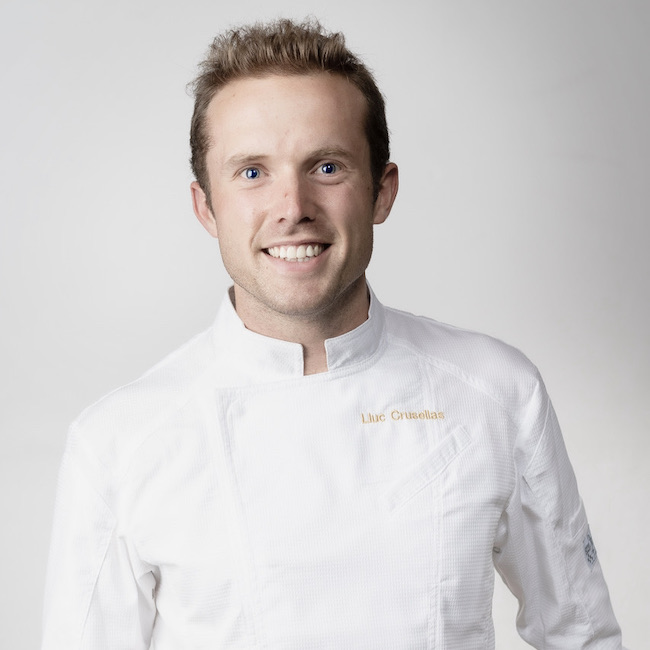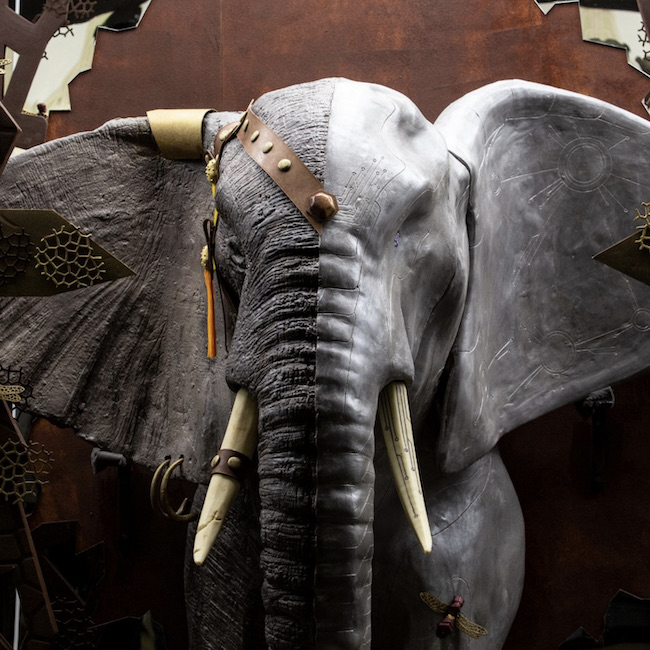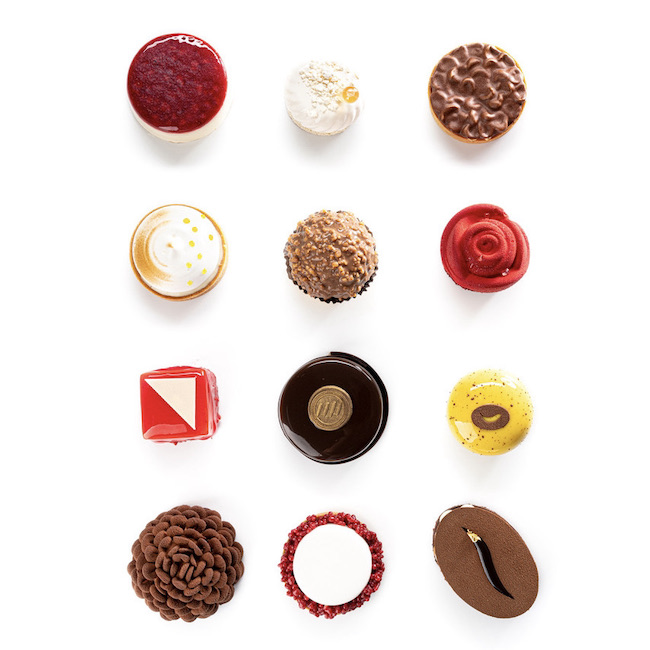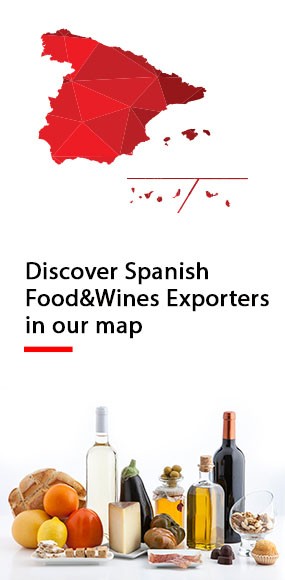.png.transform/rendition-xs/image_image%20(1).png)
Interview with Lluc Crusellas, World Chocolate Masters Champion
This young Catalan is the first Spaniard to win the competition and is also the youngest to do so, at the age of 26
Last October 31st, Lluc Crusellas (Santa Eulàlia de Riuprimer, Catalonia, 1996) won the eighth edition of the World Chocolate Masters, held in Paris. That victory made him the best chocolatier in the world. A little more than half a year later, we talked to him about that experience, his immediate plans, and his opinion about the current state of the patisserie industry (and cooking in general) in Spain.
How did you get started in this branch of cuisine?
Until I was 17, I wanted to be a cyclist. I used to bake the occasional cake for my friends, but I didn't feel a strong calling at the time. At a certain point, I realized I was not going to make a living with cycling... I had a cousin who was working at the restaurant Can Jubany, and I went there in summer, when I was 17 years old, and I realized that I liked desserts. You can convey happiness with desserts, and I love that. It seemed to me a complex, technical, orderly world... I started studying at the Hofmann School in Barcelona and also at Espai Sucre. Then I did my internship at La Pastisseria Barcelona, under Josep María Rodríguez, who was the World Pastry Champion in 2011. After a year and a half, the opportunity arose to go to Vic (a city in Barcelona province) to take over the pastry shop El Carme and to start my professional career there. I wanted it to be more modern and more in line with the trends. Eventually, I got the opportunity to participate in the World Chocolate Masters. I spent a year preparing for the national final and then a year preparing for the world final. I did it the same way I prepared for cycling races. I had a nutritionist, a personal trainer, and a psychologist to help me perform my very best.
You're methodical then...
Yes, you have to take into account that the competition lasts almost 24 hours. I had an iPad on my desk with stopwatches, and sheets of paper where I wrote down what I had to do every 5 minutes. I was worried about my mind going blank. This helped me organize very well because I knew where I was and I was in control of the situation at all times.

What creations did you compete with?
There are several tests. In one of them, the large sculpture, I created the now-famous elephant, which has gone viral. I also made a very technical small piece, a sculpture that had to be moved 500 meters; it was a tense moment for me. I also made 42 portions of a plated dessert; 60 portions of a bonbon; 33 portions of a snack, and 60 portions of petit fours...
In one of them, you couldn't use sugar...
That's right. I prepared a brioche and used enzymes to extract the sugar from the gluten. In that same portion of the competition, I worked—also with enzymes to destructure banana skins and make them edible—eliminating the fiber. David Gil from I+Desserts helped me a lot.

Has there been a revolution in recent years in Spain in the world of patisserie?
Indubitably. Paco Torreblanca brought the French technique to Spain, but it was Albert Adrià first, and Jordi Roca later, who pushed the technique to the limit, making us a leader in the field of patisserie. We are many steps ahead of the rest of the world.
What are the current trends?
I would say that there is one very clear trend and that's the elimination of allergens. Additionally, another trend is that we tend to use less sugar and there is also a focus on sustainability. Of course, always using common sense and without doing anything too strange.
You're getting ready to sell your own chocolates
Yes, taking advantage of my status as "the best chocolatier in the world," I'm launching my own brand in October: Eukaria, Lluc Crusellas. The idea is to open stores in Catalonia and Andorra and to have an online store to sell them across Europe. I'm very excited! There will be many different types of products: chocolates, rocks, spreadable creams, dragées, chocolate drinks, nougat... The packaging will also be made using recycled materials.

Broadly speaking, do you think Spanish cuisine is at the top of its game?
Absolutely. In the rankings, Spanish restaurants are always at the top and there is great respect for them. This is noticeable in competitions like the one I won, where you start as a favorite because of Spain's reputation.
On a personal level, is there a lack of recognition for patissiers?
I think there is. We have to join forces a lot more and rise awareness so that people understand the work that we do. In my city, Vic, we have teamed up to organize events and we're getting more and more people to talk about good patisserie and good chocolate. That's what's important.

